Filter by
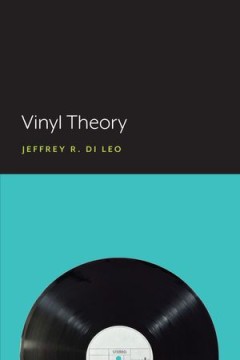
Vinyl Theory
Why are vinyl records making a comeback? How is their resurgence connected to the political economy of music? Vinyl Theory responds to these and other questions by exploring the intersection of vinyl records with critical theory. In the process, it asks how the political economy of music might be connected with the philosophy of the record. The young critical theorist and composer Theodor Adorn…
- Edition
- -
- ISBN/ISSN
- 9781643150161
- Collation
- -
- Series Title
- -
- Call Number
- -

Critical Theories Of Crisis In Europe: From Weimar To The Euro
What is to be learned from the chaotic downfall of the Weimar Republic and the erosion of European liberal statehood in the interwar period vis-a-vis the ongoing Europeancrisis? This book analyses and explains the recurrent emergence of crises in European societies. It asks how previous crises can inform our understanding of the present crisis. The particular perspective advanced is that these …
- Edition
- -
- ISBN/ISSN
- 9781783487455
- Collation
- -
- Series Title
- -
- Call Number
- -
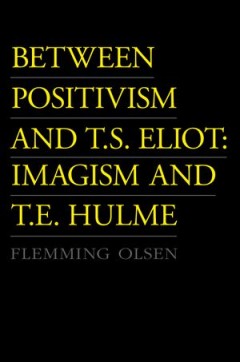
Between Positivism And T.s. Eliot
Several critics have been intrigued by the gap between late Victorian poetry and the more “modern” poetry of the 1920s. It is my contention that a close analysis of the poetry and criticism written in the first decade of the 20th century and until the end of the First World War – excluding war poetry – will be rewarding if we want to acquire a greater understanding of the transition. Th…
- Edition
- volume 52.0
- ISBN/ISSN
- 9788776742836
- Collation
- -
- Series Title
- -
- Call Number
- -
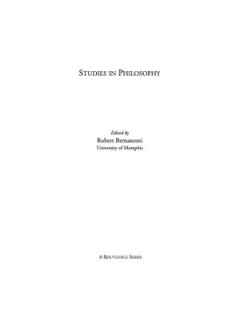
The Constitution Of Consciousness
Through the work of philosophers like Sellars, Davidson, and McDowell, the question of how the mind is related to the world has gained new importance in contemporary analytic philosophy. This book demonstrates that Husserl's phenomenological analyses of the structure of consciousness can provide fruitful insights for developing an original approach to these questions.
- Edition
- -
- ISBN/ISSN
- 9780415971294
- Collation
- -
- Series Title
- -
- Call Number
- -
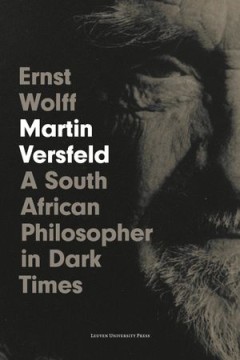
Martin Versfeld: A South African Philosopher In Dark Times
Martin Versfeld (1909–1995) is one of South Africa’s greatest philosophers, appreciated by academics and activists, poets and the broader public. His masterful prose spans the tension between disquiet and joy. Detractor of the violent trends of modernity, a critic of apartheid from the first hour, he was among the first philosophers of ecology. At the same time he celebrated the generosity …
- Edition
- -
- ISBN/ISSN
- 9789461664143
- Collation
- -
- Series Title
- -
- Call Number
- -
Tolerance: The Beacon Of The Enlightenment
Inspired by Voltaire’s advice that a text needs to be concise to have real influence, this anthology contains fiery extracts by forty eighteenth-century authors, from the most famous philosophers of the age to those whose brilliant writings are less well-known. These passages are immensely diverse in style and topic, but all have in common a passionate commitment to equality, freedom, and tol…
- Edition
- -
- ISBN/ISSN
- 9781783742059
- Collation
- -
- Series Title
- -
- Call Number
- -
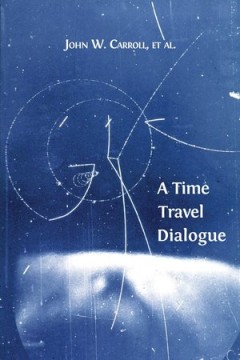
A Time Travel Dialogue
Is time travel just a confusing plot device deployed by science fiction authors and Hollywood filmmakers to amaze and amuse? Or might empirical data prompt a scientific hypothesis of time travel? Structured on a fascinating dialogue involving a distinguished physicist, Dr. Rufus, a physics graduate student and a computer scientist this book probes an experimentally supported hypothesis of backw…
- Edition
- -
- ISBN/ISSN
- 9781783740390
- Collation
- -
- Series Title
- -
- Call Number
- -
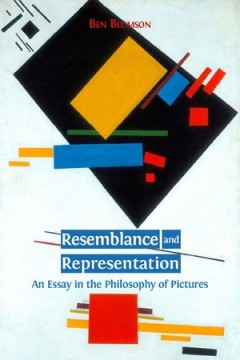
Resemblance And Representation: An Essay In The Philosophy Of Pictures
It’s a platitude – which only a philosopher would dream of denying – that whereas words are connected to what they represent merely by arbitrary conventions, pictures are connected to what they represent by resemblance. The most important difference between my portrait and my name, for example, is that whereas my portrait and I are connected by my portrait’s resemblance to me, my name a…
- Edition
- -
- ISBN/ISSN
- 9781783740741
- Collation
- -
- Series Title
- -
- Call Number
- -
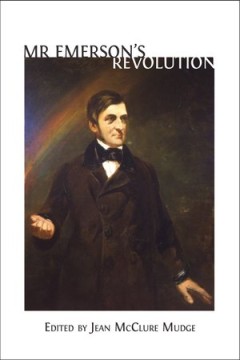
Mr Emerson’s Revolution
This volume traces the life, thought and work of Ralph Waldo Emerson, a giant of American intellectual history, whose transforming ideas greatly strengthened the two leading reform issues of his day: abolition and women’s rights. A broad and deep, yet cautious revolutionary, he spoke about a spectrum of inner and outer realities—personal, philosophical, theological and cultural—all of whi…
- Edition
- -
- ISBN/ISSN
- 9781783740994
- Collation
- -
- Series Title
- -
- Call Number
- -
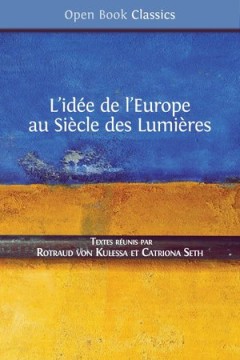
L'idée De L’europe Au Siècle Des Lumières
Face aux défis – entre autres politiques – auxquels sont confrontés différents pays européens, les chercheurs dix-huitiémistes ont souhaité revenir sur des expressions anciennes de valeurs partagées et les interrogations passées sur des questions qui restent souvent d’actualité. Au Siècle des Lumières, nombre d’hommes et de femmes de lettres ont envisagé l’avenir du contin…
- Edition
- -
- ISBN/ISSN
- 9781783743452
- Collation
- -
- Series Title
- -
- Call Number
- -
 Computer Science, Information & General Works
Computer Science, Information & General Works  Philosophy & Psychology
Philosophy & Psychology  Religion
Religion  Social Sciences
Social Sciences  Language
Language  Pure Science
Pure Science  Applied Sciences
Applied Sciences  Art & Recreation
Art & Recreation  Literature
Literature  History & Geography
History & Geography